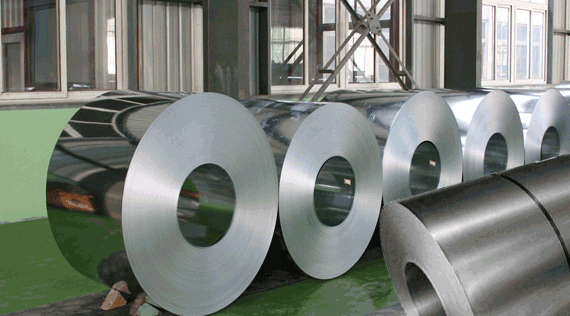
European steelmakers are calling on the European Commission to limit scrap exports so that the bloc can achieve its sustainable development goals and maintain industrial competitiveness.
The European Steel Association (EUROFER) reiterated that scrap is a strategic secondary raw material for the European steel industry, as it contributes to the achievement of environmental goals by reducing the use of primary raw materials, energy, and carbon emissions.
The demand for scrap is likely to increase significantly as a result of the bloc’s ambitious climate policy.
EUROFER and IndustriAll called on the European Commission and EU member states to
The EU has long been a net exporter of ferrous scrap. Last year, the bloc increased its exports by 5% year-on-year – to 17.67 million tons. In the first 8 months of this year, according to customs data, these volumes amounted to 11 million tons.
European scrap trade has always been largely centered on Turkey. The country’s electric arc furnaces, which account for about 3/4 of Turkish steel production, require significant volumes of this raw material.
Turkey has accounted for half to two-thirds of the EU’s total scrap exports over the past five years. The growth in European supplies of this raw material to the country since the 2010s is partly due to Brexit and Russian export restrictions.
In addition, Egypt, India, and Pakistan are the EU’s main trading partners for scrap. All these countries are third countries for the bloc and are not members of the OECD. Their import volumes are growing as the Asian region continues to expand its steelmaking capacity, mainly through induction furnaces.
According to Argus, the EU’s intention to restrict scrap exports has caused concern among many emerging markets, as has the introduction of CBAM.
As GMK Center reported earlier, global trade in ferrous scrap in January-June 2024 decreased by 6% compared to the same period in 2023 to 25.9 million tons. Large volumes of low-cost steel exports from China affected production in many regions, which put direct pressure on demand for this raw material.